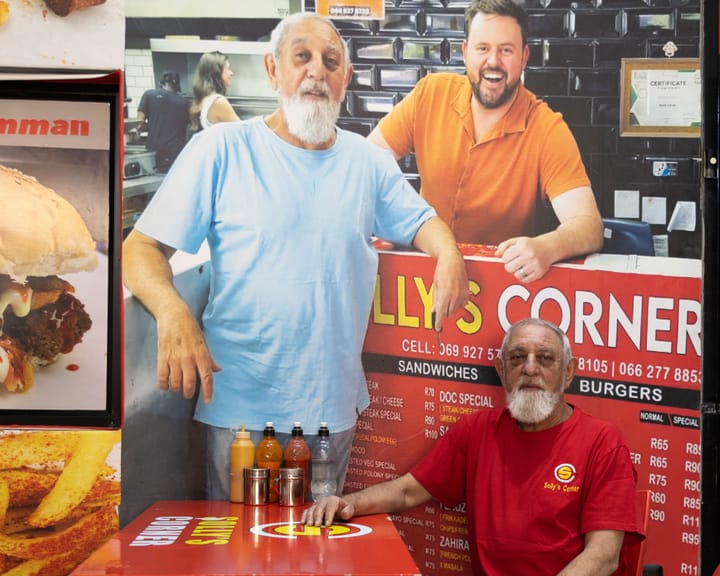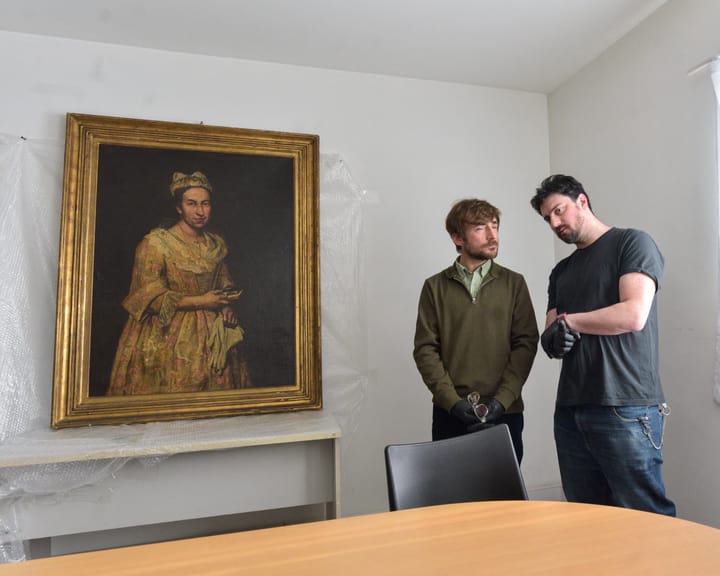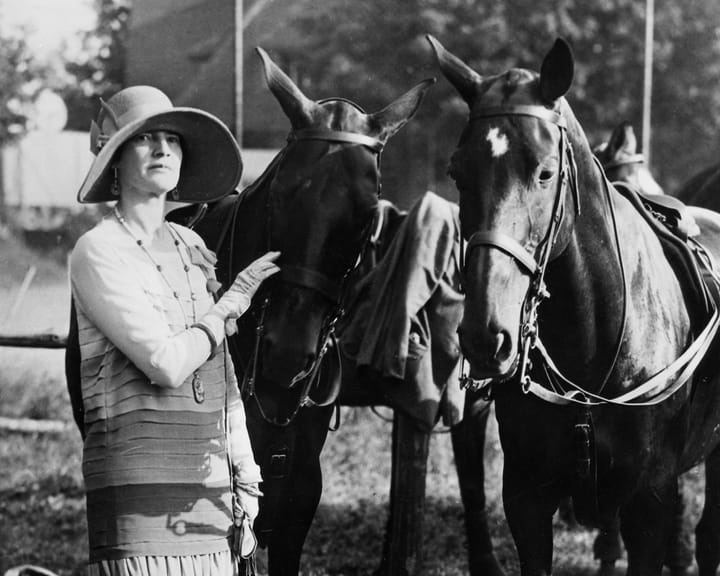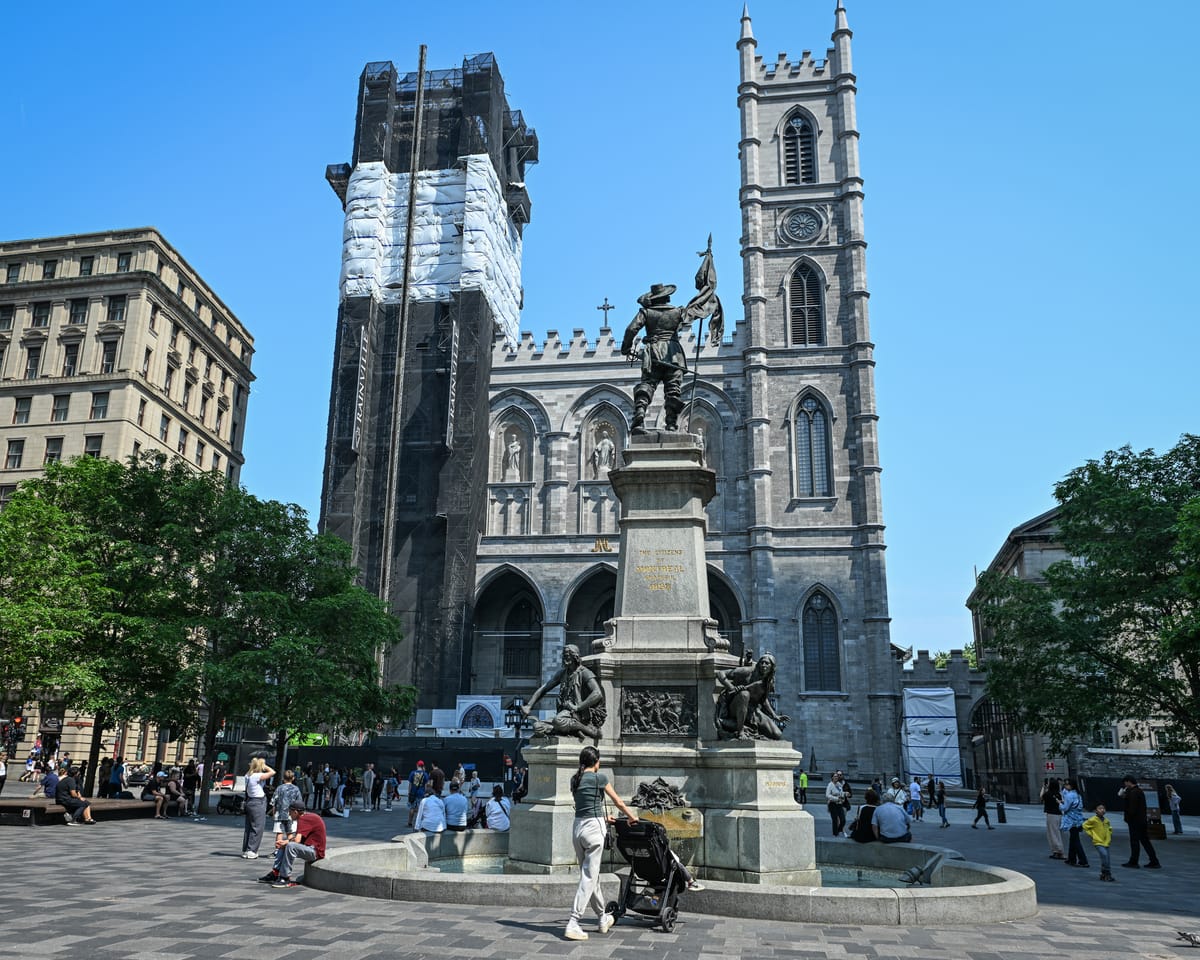Quebec has announced plans to prohibit prayer in public spaces, a decision that civil rights advocates call an "alarming step" affecting religious minorities and restricting "fundamental democratic rights."
Jean-François Roberge, the province’s minister for secular affairs, stated the action was driven by the "increase in street prayers," which he called a "significant and delicate matter," adding that the government has observed the trend with "concern." Legislation is expected to be introduced in the autumn.
The move follows remarks by Quebec’s premier, François Legault, who has voiced growing dissatisfaction with public prayers in Montreal.
"We don’t want to see people praying on streets or in parks. If you wish to pray, go to a church or mosque, not a public space," he said previously.
For months, the group Montreal4Palestine has held weekly protests outside Notre-Dame Basilica, incorporating open prayer sessions. These demonstrations have also led to opposing rallies.
Legault’s administration, the Coalition Avenir Québec, has prioritized secular policies, notably passing Bill 21 in 2019.
That law, which conflicts with both Quebec’s and Canada’s rights charters, restricts judges, police officers, prison staff, and teachers from wearing religious symbols while on duty. Other public employees, such as bus drivers, doctors, and social workers, must keep their faces visible.
In 2021, Quebec’s high court maintained the law despite recognizing its infringement on the religious and expressive freedoms of minorities. Under the "notwithstanding clause," Canadian governments can enact laws that override certain rights.
It remains uncertain if this clause will be used to pass the new prayer restrictions.
The Canadian Muslim Forum argued the government should address "genuine issues rather than limiting citizens’ rights" and avoid policies that "marginalize groups, encourage exclusion, and weaken social unity."
The proposal to ban public prayer followed a report by a provincial committee on secularism. Among its 50 suggestions, the committee recommended extending the ban on religious symbols to childcare staff. However, the report did not propose a province-wide prayer ban or additional regulations for universities on prayer spaces, stating that local authorities already have the power to regulate street prayer.
The Canadian Civil Liberties Association warned that prohibiting public prayer would violate religious, expressive, and assembly freedoms.
Read next

"TikTok star highlights political power of South Africa's unsung culinary treasures"
Solly’s Corner, a popular eatery in downtown Johannesburg, was busy. Pieces of hake and crisp fries crackled in the fryer, green chillies were chopped, and generous amounts of homemade sauce were spread onto filled sandwiches.
Broadcaster and food enthusiast Nick Hamman stepped behind the counter, where Yoonas and Mohammed

Nazi-looted 18th-century portrait found in Argentina after 80 years
There was nothing particularly unusual about the middle-aged couple living in the low, stone-covered villa on Calle Padre Cardiel, a quiet street in the tree-lined Parque Luro neighborhood of Mar del Plata, Argentina’s most well-known coastal city.
Patricia Kadgien, 58, was originally from Buenos Aires, roughly five hours north.

"An aristocrat hid her Jewish lover in a sofa bed amid daring acts of German resistance to the Nazis"
Resistance in the Shadows: Germans Who Defied the Nazis
Growing up, our home had a steadfast rule: nothing German was permitted. No appliances from German manufacturers in the kitchen, no cars from German automakers in the driveway. The decree came from my mother. She was not a survivor of the

